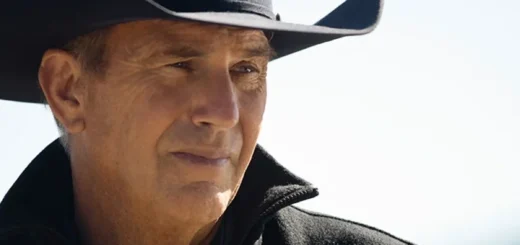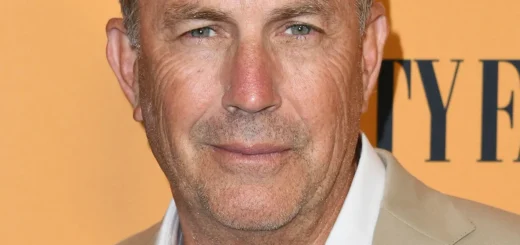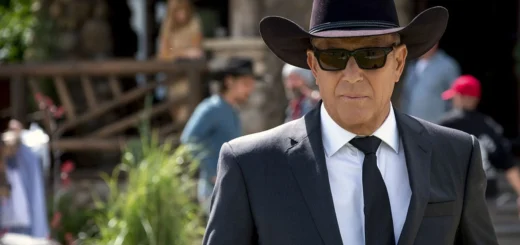Kevin Costner Says the Script Will Sustain Us
Kevin Costner: “The Script Is What Will Sustain Us”
You’ve acted in and directed numerous Westerns. Where does your love for the genre come from?
I think I’ve always had an inherent understanding of the Western. I’ve been deeply interested in how to portray it truthfully — all the little details that make it feel authentic. Westerns are very American, and no one has ever confused me for anything other than American. I have a global perspective, sure, but at my core, I’m an American.
I was also heavily influenced by John Ford’s The Man Who Shot Liberty Valance and The Searchers. George Stevens had a major impact on me as a filmmaker. And Jim Harrison — his short stories like Legends of the Fall and Revenge — they stayed with me. Lawrence Kasdan, too, was instrumental in the start of my career. I didn’t copy him; if anything, I celebrated him.
You’re known for doing a lot of your own horseback riding. Is that true even while directing?
(Laughs) Yeah, I actually direct from the saddle sometimes! If I need to get 100 yards down the way, I’d rather ride than walk back and forth giving notes. I’m an average rider — I won’t pretend I’m a cowboy — but I’m not afraid of it either. I might look the part, but I’d never claim that’s who I am.
You’ve won Oscars for Dances with Wolves, but some of your Westerns were less understood, leading to a long break from directing. How does it feel to be back behind the camera with Horizon?
Honestly, I’ve always thought other directors could do a better job than me. But with Horizon, nobody else believed in it — not even other directors — so I decided to take it on myself.
I started the process back in 1988 when I commissioned the script. I almost made it in 2003, but the studio passed. Still, I was stubborn. About six years later, I couldn’t stop thinking about it again. One thing that struck me was how most Westerns begin in towns that already exist — but how did those towns come to be?
People had lived on that land for 15,000 years. The Indigenous communities knew where the good water was, where it was easy to cross the river… That history — that conflict over the land — that’s what I wanted to explore.
And Horizon has evolved into a four-part epic. That’s ambitious.
That’s right. I figured, “Well, they didn’t love the first one — what will they think about four?” (Laughs) But the industry said the same thing: “Nobody makes four films like that.”
But I had to. The story isn’t complete until the fourth one. So I invested in all four myself. I’ve finished the second, started shooting the third, and now I’m figuring out how to finance the rest. It’s a massive commitment, but I believe in it.
Financing it yourself must come with a unique kind of creative freedom.
To a degree. I do have a couple of investors, and I feel a responsibility to them — to make sure they get their money back. But yes, I have the final cut. I get to decide what stays and what goes.
That said, having final say doesn’t mean I don’t listen. I believe in collaboration, but I don’t think you need to accept every idea to be collaborative. What matters is creating an environment where people feel safe to share ideas.
Even if I don’t use them, they should feel like they can say, “Hey Kevin, take a look at this.” That’s how creativity works — through trust and openness.
You’ve said something striking: “The script is what will sustain us.” Could you expand on that?
I’m meticulous with my scripts — probably more than people realize. I treat them like a Bible once we start shooting, because I don’t want to change things on the fly.
But I also try to stay open to discovery on set. If a new idea presents itself, I’ll explore it. I’ll step through that window of opportunity — but if it’s not there, I’m still completely confident in the script. That’s our foundation. That’s what sustains us.
It sounds like that mindset also shapes the way you mentor your own kids, especially now that they’re working with you on set.
It’s true. My son appears in my latest film, but I don’t give my kids roles that serious actors are vying for. I know how much those parts mean to people. When I do cast them, it’s usually because I just want them close — I miss them. It’s my way of trapping them. (Laughs)
But I also know that I have a lifetime responsibility to them. How I conduct myself professionally is part of the legacy I leave. They see how seriously I take my work, and how much I love it. And I hope they find something they love just as much — because there’s nothing more powerful than watching your child succeed at something that matters to them.


